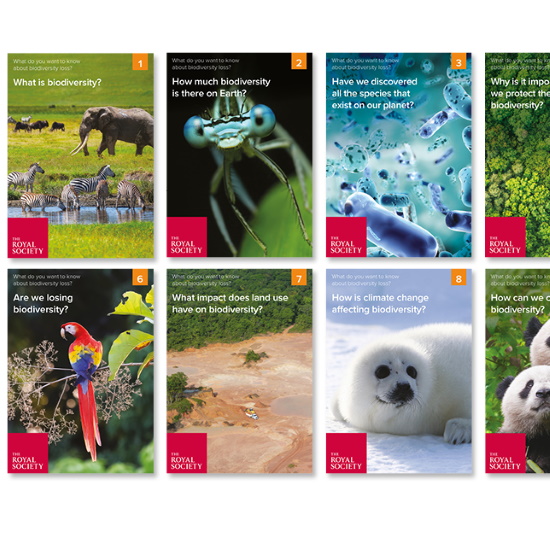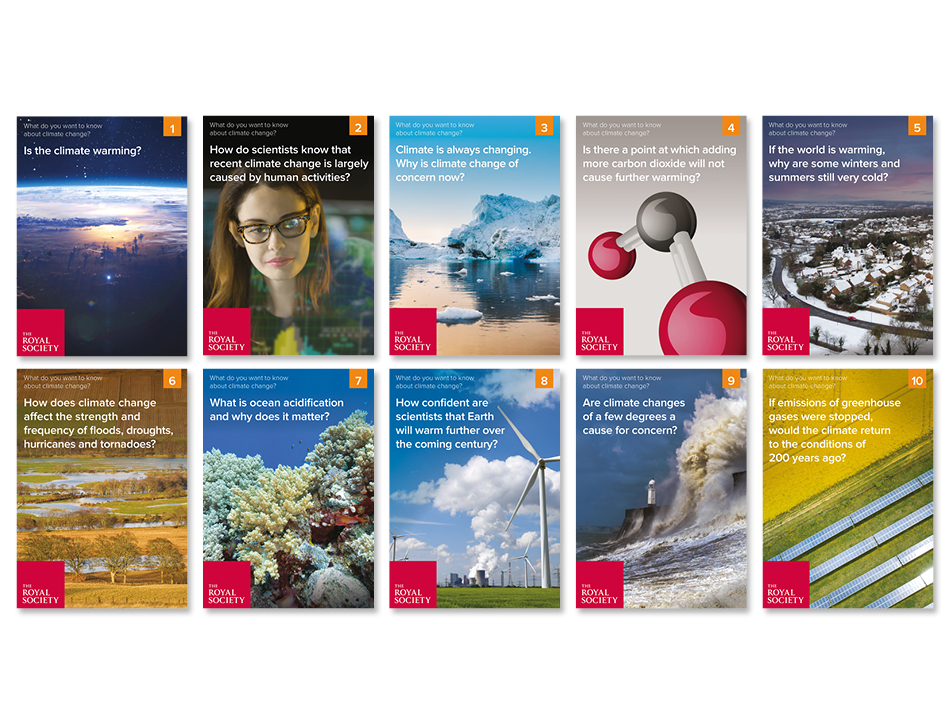Your Planet, Your Questions video clips
Aimed at students aged 5 to 14 the Your Planet, Your Questions event took place in June 2021, featuring Professor Brian Cox and a panel of experts including Dr Emily Shuckburgh from the University of Cambridge, Dr Mark Richards from Imperial College London, and Dr Lindsay Turnbull from the University of Oxford. This event was produced in collaboration with the Great Science Share for Schools, and you can find out more about this partnership here.
There are six key questions answered throughout the event, asked by children in advance and encompassing lots of different aspects of the future of the planet. Underneath the main event recording below (44.56mins) you can find separate video clips for each of the six key questions. The list contains a brief description, key words, and curriculum themes in the 5 to 14 age range for each of the key questions. These short clips can more easily be used in the classroom as a discussion starter or as additional information for a topic.
The Great Science Share have produced a set of five resources relating to some of the questions below that can be used to engage students aged 5 to 12 in classroom activities linking science and literacy. These can be accessed direct via the Great Science Share website once you have registered for free, and below you can find a brief description of the six resources and the skills they aim to develop.
All the videos featured on this page can be accessed via our Your Planet, Your Questions YouTube playlist
Key question video clips
When did we first start thinking about climate change (5:36mins)
Noah age 11 and Leila age 10 ask when and how people realised the climate was changing.
Key words: industrial revolution, fossil fuels, carbon dioxide, warming.
Curriculum topics: living things and their habitats, seasonal changes, plants, earth and atmosphere. Also History - industrial revolution.
What is the difference between climate change and global warming? (6:39mins)
Rhiannon age 7 and Sophie age 10 ask what makes up the ‘blanket’ around our world and what the difference is between climate change and global warming.
Key words: atmosphere, emissions, water, sea level, extreme weather, deforestation, human impact.
Curriculum topics: seasonal changes, states of matter, living things and their habitats, animals including humans, photosynthesis, material cycles and energy, earth and atmosphere.
How does pollution contribute to global warming? (6:23mins)
Liz age 10 asks how long we have until all the icebergs melt if we continue to pollute.
Key words: arctic, carbon dioxide, energy consumption, melting, sea levels.
Curriculum topics: living things and their habitats, plants, photosynthesis, material cycles and energy, earth and atmosphere, interactions and interdependencies.
What is the impact of climate change on biodiversity? (9:03mins)
Lacey age 10 and Poppy age 11 ask how much of the Earth might become inhabitable if climate change continues and what would happen to biodiversity.
Key words: habitat, migration, extinction, biodiversity, hibernation, heatwave, coral reefs, re-wilding, sea-levels.
Curriculum topics: seasonal changes, living things and their habitats, plants, animals including humans, interactions and interdependencies, relationships in an ecosystem.
Please see the Great Science Share resources linking to this video below.
What are the wider global impacts of climate change? (4:30mins)
Jack aged 12 and Yuvraj age 7 ask what will happen when the glaciers finally melt and what will happen to the UK if sea levels rise.
Key words: sea levels, flooding, flood defences, extreme weather.
Curriculum topics: seasonal changes, living things and their habitats, states of matter, relationships in an ecosystem, Earth and atmosphere.
Also Geography - Human and physical geography.
Please see the Great Science Share resources linking to this video below.
What can young children do in the fight against climate change? (8:09mins)
Sumaiyah age 10, Year 5 at St Peter’s Catholic Academy and Grace age 11 ask how we can make the world a better place, what’s the one thing that will make the biggest different to climate change, and can we reverse global warming.
Key words: ozone layer, lifestyle change, campaigning, research, sustainability.
Curriculum topics: working scientifically, Earth and atmosphere, relationships in an ecosystem.
Great Science Share resources
What will happen to the environment and biodiversity if climate change continues?
These resources use non-fiction writing, such as story analysis and letter writing, to help students explore the impact of climate change on endangered animals. Linking to Poppy’s question asked during the Your Planet, Your Question event, these activities help develop key scientific skills in recognising environmental change and the dangers this can sometime pose to living things.
The resource for students aged 5 – 7 uses the book ‘The Journey Home’ to help explore this topic and develop key literacy skills such as identifying audience and purpose and using similar writing as a model.
The resource for students aged 7 – 11 uses the book ‘Hunter’s Icy Adventure’ to help explore this topic and develop key literacy skills such as identifying audience and purpose and using reading and research to inform writing content.
The resource students aged 11 – 12 uses the book ‘Hunter’s Icy Adventure’ to help explore this topic and develop key literacy skills such as writing the first page to their own book in the style of the sample text, following an endangered animal of their choice.
What will happen when all the icebergs finally melt?
These resources help students develop their knowledge and thoughts about the impact of sea levels rising, and how to explain this in a newspaper article format for others to read. Linking to Jack’s question asked during the Your Planet, Your Question event, these activities help develop key scientific skills in recognising environmental change and the dangers this can sometime pose to living things.
The resource for students aged 5 – 11 uses a thought developer model and group discussion and research to help explore this topic and develop key literacy skills such as predicting what might happen from stated and implied details as well as non-fiction writing.
The resource for students aged 11 – 12 uses a thought developer model and group discussion and research to help explore this topic and develop key literacy skills such as predicting what might happen from stated and implied details as well as developing initial ideas, drawing on reading and research.
Explore all of our resources for teachers, designed to support those in schools and colleges across the UK.
To receive monthly updates about all our resources and opportunities, please take a minute to sign up to our UK teachers newsletter.



